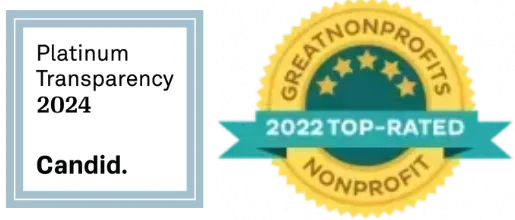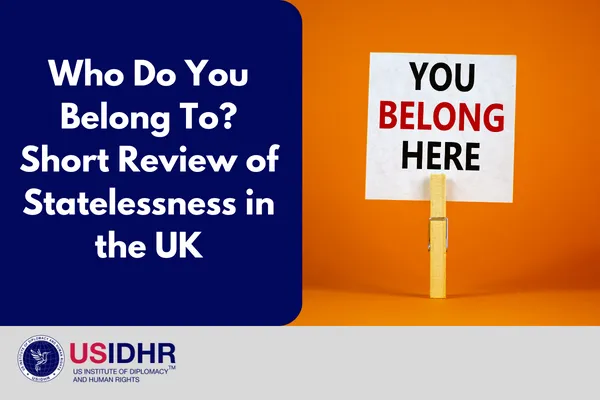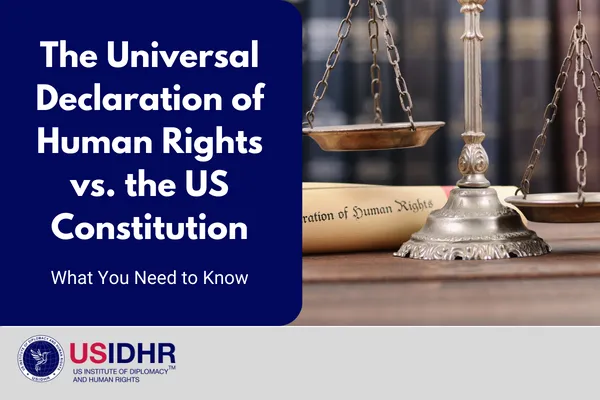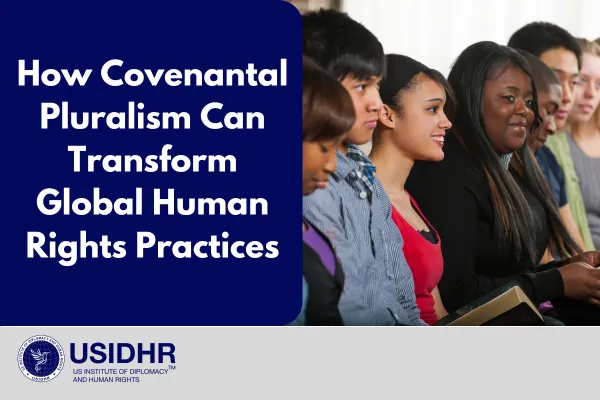
Bridging the Gap Between Rhetoric and Reality: How Covenantal Pluralism Can Transform Global Human Rights Practices
December 17, 2024
7 min read
Dr. Isabelle Vladoiu, International Human Rights Law Specialist
Introduction
In an increasingly interconnected world, the pursuit of universal human rights is often hindered by cultural, religious, and ideological divides. Covenantal Pluralism, a concept developed by the Templeton Religion Trust, offers a transformative framework to bridge these divides. Rooted in a commitment to mutual respect, equal rights, and reciprocal engagement, covenantal pluralism seeks to foster societies where individuals and communities thrive in their differences, while upholding shared values and responsibilities.
Despite the unequivocal language of international human rights instruments like the Universal Declaration of Human Rights (UDHR)[1], a significant gap exists between the lofty rhetoric of human rights and their implementation in practice. States often publicly endorse human rights while simultaneously tolerating, rationalizing, or even perpetrating abuses. This dichotomy reflects both the complexity of cultural and political contexts and the challenges inherent in achieving universal interpretations of human rights principles.
This white paper explores how covenantal pluralism can bridge this gap and advance international human rights by addressing key challenges in global and workplace contexts. By creating environments where every individual feels a sense of belonging, starting with respect for their faith and beliefs, we can lay the foundation for a more inclusive and equitable global society.
Background
Covenantal pluralism, as outlined in the Covenantal Pluralism Initiative launched by the Templeton Religion Trust in 2019 [2], provides a holistic approach to fostering mutual respect and engagement across diverse communities. Unlike a purely contractual approach to pluralism—characterized by conditional relationships governed by rules—covenantal pluralism emphasizes enduring relationships that balance rules with grace [3]. This model seeks to create a deeper moral framework that can sustain meaningful engagement even amidst conflicts or differences.
Key Features of Covenantal Pluralism:
Equal Rights and Responsibilities: A constitutional order that guarantees freedom of religion and conscience while ensuring equal treatment of all beliefs and worldviews. This foundational principle aligns with Article 18 of the UDHR and the International Covenant on Civil and Political Rights (ICCPR) [4].
Relational Engagement: Covenantal pluralism prioritizes relationships over mere coexistence. It encourages spirited, meaningful interactions between diverse groups, moving beyond indifferent tolerance to a genuine engagement that values mutual understanding.
Inclusion with Accountability: While inclusive, covenantal pluralism demands respect for shared norms, such as fairness for all and the right to individual autonomy, including opting out of communities without fear of violence.
Enabling Conditions: To cultivate a pluralistic society, three key conditions must be met:
Freedom of Religion and Belief: Recognizing the universal human impulse to seek transcendence and protecting this freedom from systemic repression or discrimination.
Religious Literacy: Developing a deep, cross-cultural understanding of one’s own beliefs, those of others, and the dynamics of multi-faith engagement. This transcends superficial knowledge to foster empathy and nuanced dialogue.
Virtues of Pluralism: Cultivating traits such as humility, patience, empathy, and courage to navigate deep and sometimes irreconcilable differences.
Framing pluralism in covenantal terms is especially relevant in a global context, where many cultures lean toward communitarian values. This model of pluralism welcomes diverse participants, from secular to religious and fundamentalist to modernist, fostering a broad, inclusive dialogue that acknowledges exclusive truth claims while promoting mutual respect.
Proposed Solution
Education is the cornerstone of change and the foundation upon which covenantal pluralism can be realized. As César Chávez aptly stated, "You cannot uneducate the person who has learned how to read." However, global literacy rates, particularly regarding religious and multi-faith literacy, remain alarmingly low. Many governments, especially those striving to be removed from the Countries of Particular Concern (CPC) list established by the U.S. Department of State [5], often focus their efforts on teaching human rights and religious freedom at universities and graduate schools. While important, such efforts fail to address the broader need for education at all levels of society.
True education must begin earlier and extend far beyond the classroom. It needs to permeate workplaces, public spaces, and even daily interactions. Educational initiatives can include training programs in human rights, religious literacy, and covenantal pluralism, ensuring inclusivity and fostering environments where everyone feels they belong.
To illustrate this transformative power of education, consider the shift in social identity observed when Romania entered the European Union. In a study from a few years ago, called "The Influence of the Emergence of the European Union on the Social Identity of Citizens of Member States and Outsiders", I explored how Romanians began identifying themselves as European citizens, transcending national boundaries. This shift aligns with Social Identity Theory [6], which explains how group membership influences self-image and interactions with outsiders.
Building a similar collective identity around shared human rights and pluralism requires education that reaches everyone—not only in schools but also in workplaces, bus stations, and other communal spaces. Posters, public campaigns, and grassroots initiatives can complement formal education, embedding the principles of covenantal pluralism into everyday life. Below, we explore how these ideas can address real-world challenges and provide actionable solutions.
Covenantal pluralism offers a transformative approach to addressing some of the most pressing human rights challenges. By emphasizing education and capacity-building, it equips individuals, communities, and institutions to navigate differences constructively, fostering inclusive environments and respect for diverse beliefs. Below, we explore key real-world challenges and actionable solutions grounded in the principles of covenantal pluralism.
Real-World Challenges and Solutions
1. Faith in the Workplace
Problem: In many workplaces, individuals face discrimination or exclusion based on their religious beliefs. Microaggressions, lack of accommodations, and proselytizing behaviors create environments of division and discomfort.
Solution: Education is the foundation of change. Through targeted education and capacity-building initiatives, workplaces can foster respect for diverse beliefs and create environments where employees feel valued. Training programs in human rights, covenantal pluralism, and religious literacy equip employees and management with the tools to engage in open dialogue, accommodate religious practices, and respect differences. For instance, prayer rooms and flexible scheduling policies can be implemented as tangible steps toward inclusion.
2. Polarization in Society
Problem: Deep cultural and religious divides often result in societal conflicts and exclusion. Minority groups frequently face systemic discrimination and are denied equal opportunities.
Solution: Promoting education-driven community programs that enhance religious literacy and foster interfaith dialogue can bridge societal divides. By teaching the values of covenantal pluralism, these initiatives empower communities to navigate differences constructively, ensuring minority groups are included and valued. Public campaigns highlighting the shared benefits of pluralistic societies can further reduce polarization.
3. Global Refugee Crisis
Problem: Refugees fleeing persecution often face compounded discrimination in host countries due to their religious or cultural identities.
Solution: Capacity-building programs for both refugees and host communities can address these challenges. Providing refugees with religious literacy training alongside vocational education helps them integrate while respecting their identities. Simultaneously, educating host communities about the contributions and rights of refugees fosters mutual respect and reduces prejudice. Policies reflecting covenantal pluralism principles ensure equitable treatment for all.
Steps to Implementation
Education and Training: Develop programs that teach covenantal pluralism, emphasizing religious literacy, empathy, and legal protections.
Policy Advocacy: Partner with governments and international organizations to promote laws that uphold freedom of religion and belief.
Community Engagement: Support grassroots initiatives that foster interfaith dialogue and collaborative problem-solving.
Global Networks: Build coalitions of advocates who champion covenantal pluralism in their regions, sharing best practices and resources.
Conclusion
Covenantal pluralism provides a powerful framework to advance international human rights by addressing the foundational need for belonging and mutual respect. By starting with faith—a deeply personal and universal aspect of identity—we can create societies where diversity is celebrated, and human rights are realized for all.The US Institute of Diplomacy and Human Rights is committed to championing this vision through expert-led training, advocacy, and collaboration. Together, we can build a world where every individual, regardless of belief, feels seen, respected, and empowered to thrive.
Reference list:
[1] Universal Declaration of Human Rights. (1948). United Nations.
[2] Templeton Religion Trust. "Covenantal Pluralism Initiative." 2019.
[3] Stewart, W. Christopher, Chris Seiple, and Dennis R. Hoover. "To Advance International Human Rights, First Promote Covenantal Pluralism." LSE Religion and Global Society Blog, December 16, 2020. https://blogs.lse.ac.uk/religionglobalsociety/2020/12/to-advance-international-human-rights-first-promote-covenantal-pluralism/#comments.
[4] International Covenant on Civil and Political Rights. (1966). United Nations.
[5] U.S. Department of State. "Countries of Particular Concern, Special Watch List Countries, Entities of Particular Concern." Office of International Religious Freedom. Accessed [Insert Date]. https://www.state.gov/countries-of-particular-concern-special-watch-list-countries-entities-of-particular-concern/.
[6] Tajfel, Henri, and John Turner. "The Social Identity Theory of Intergroup Behavior." In Psychology of Intergroup Relations, edited by Stephen Worchel and William G. Austin, 7-24. Chicago: Nelson-Hall, 1986.
Join One of Our Certificate Trainings:
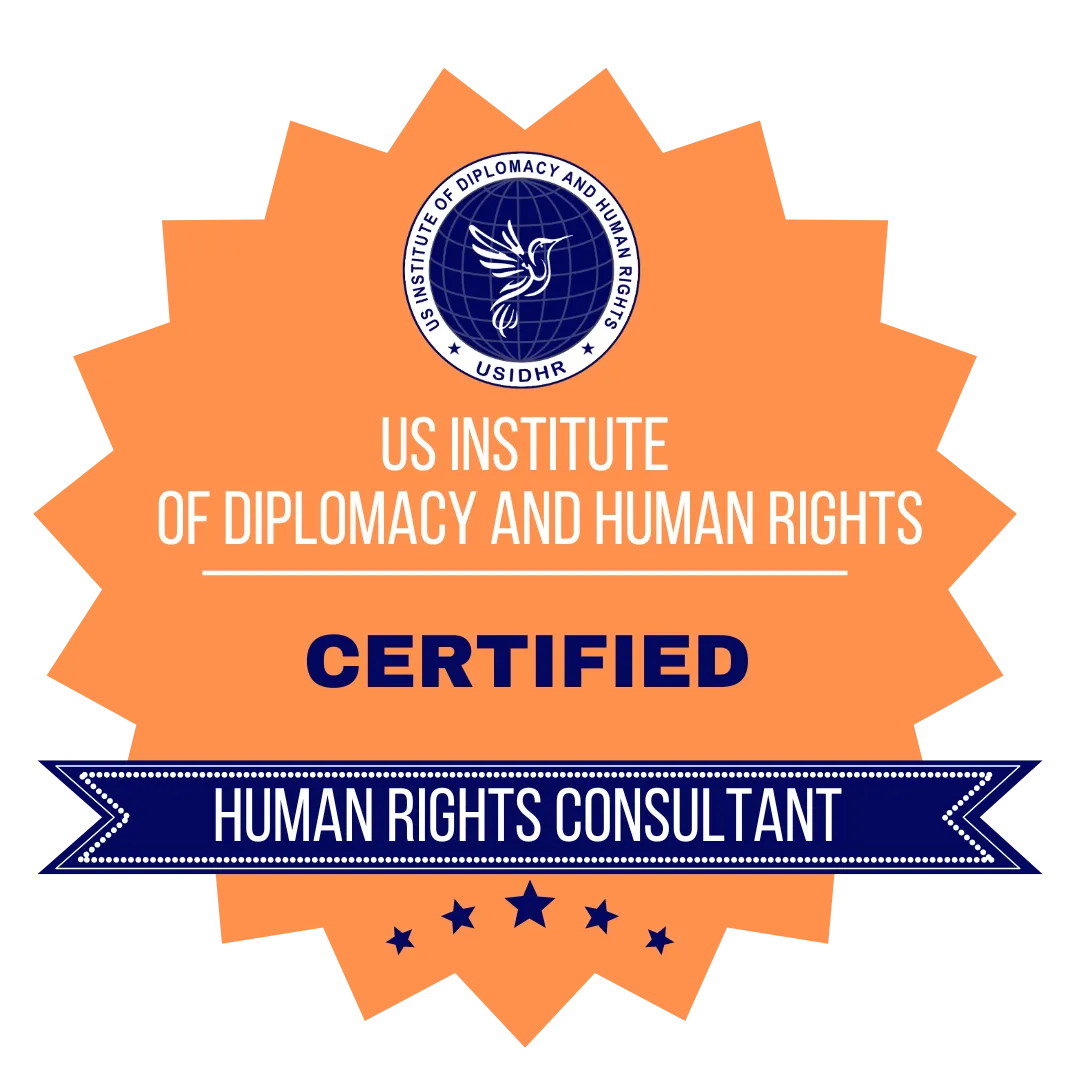
Human Rights Education Certification Training
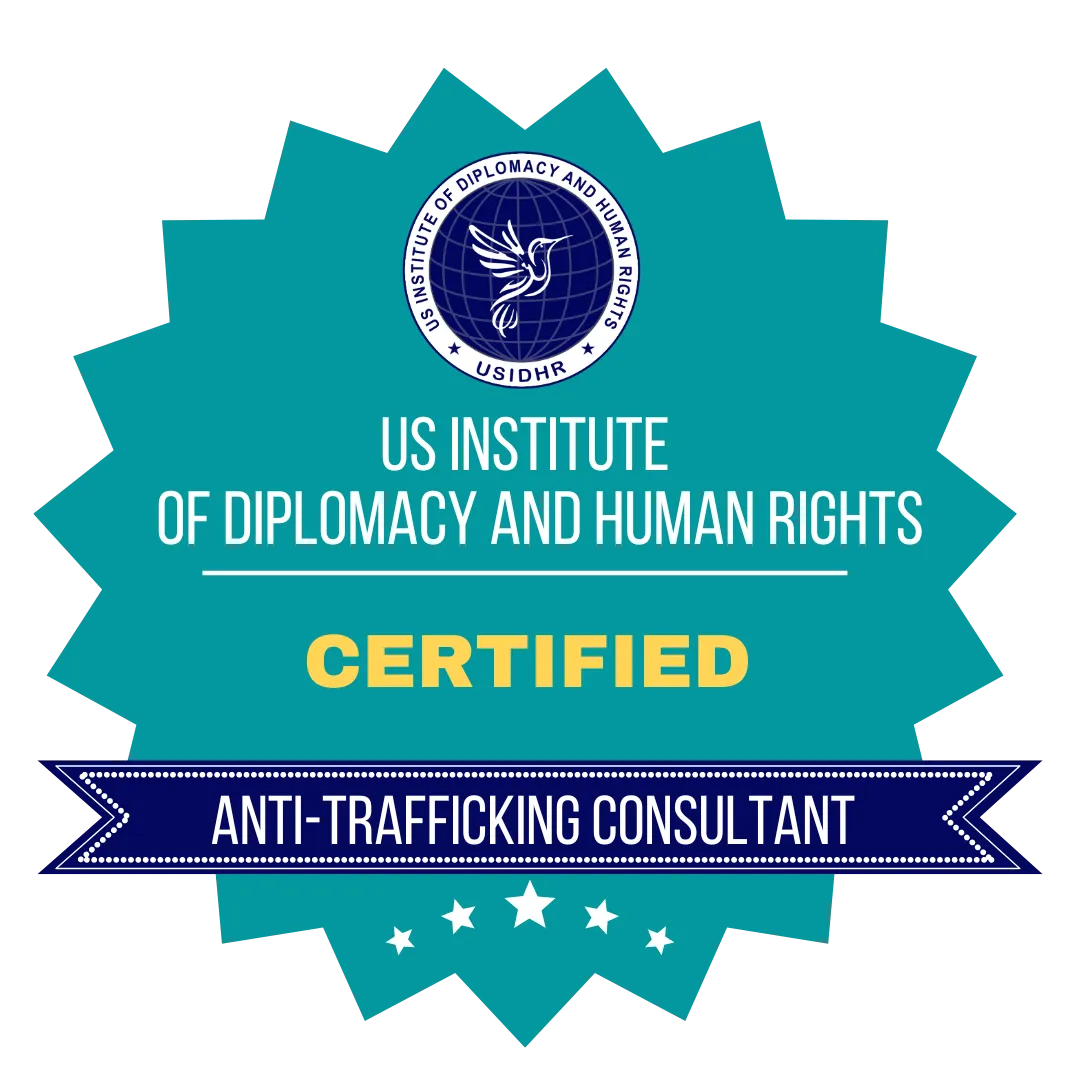
Human Trafficking Certification
Training
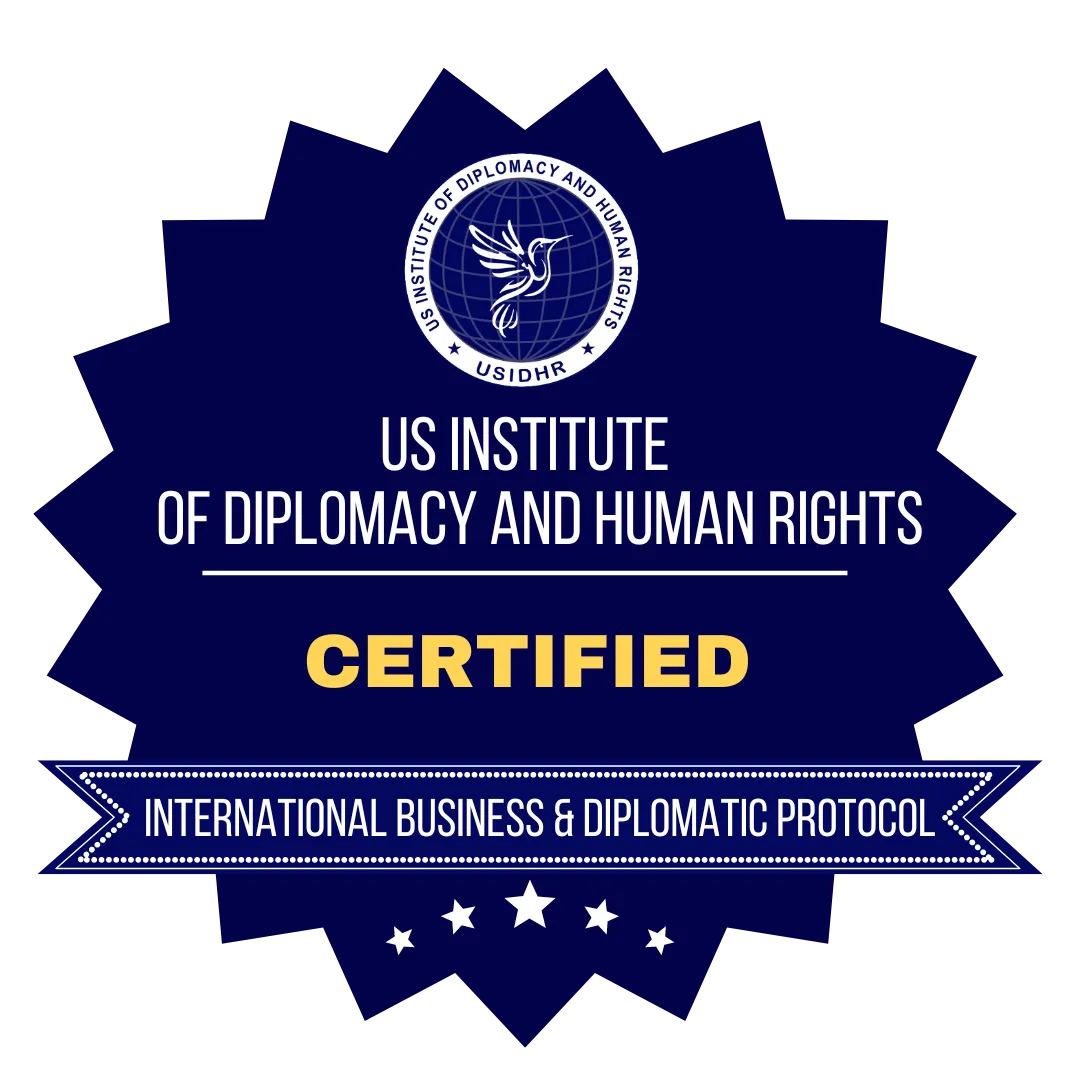
International Business and Diplomatic Protocol Certification
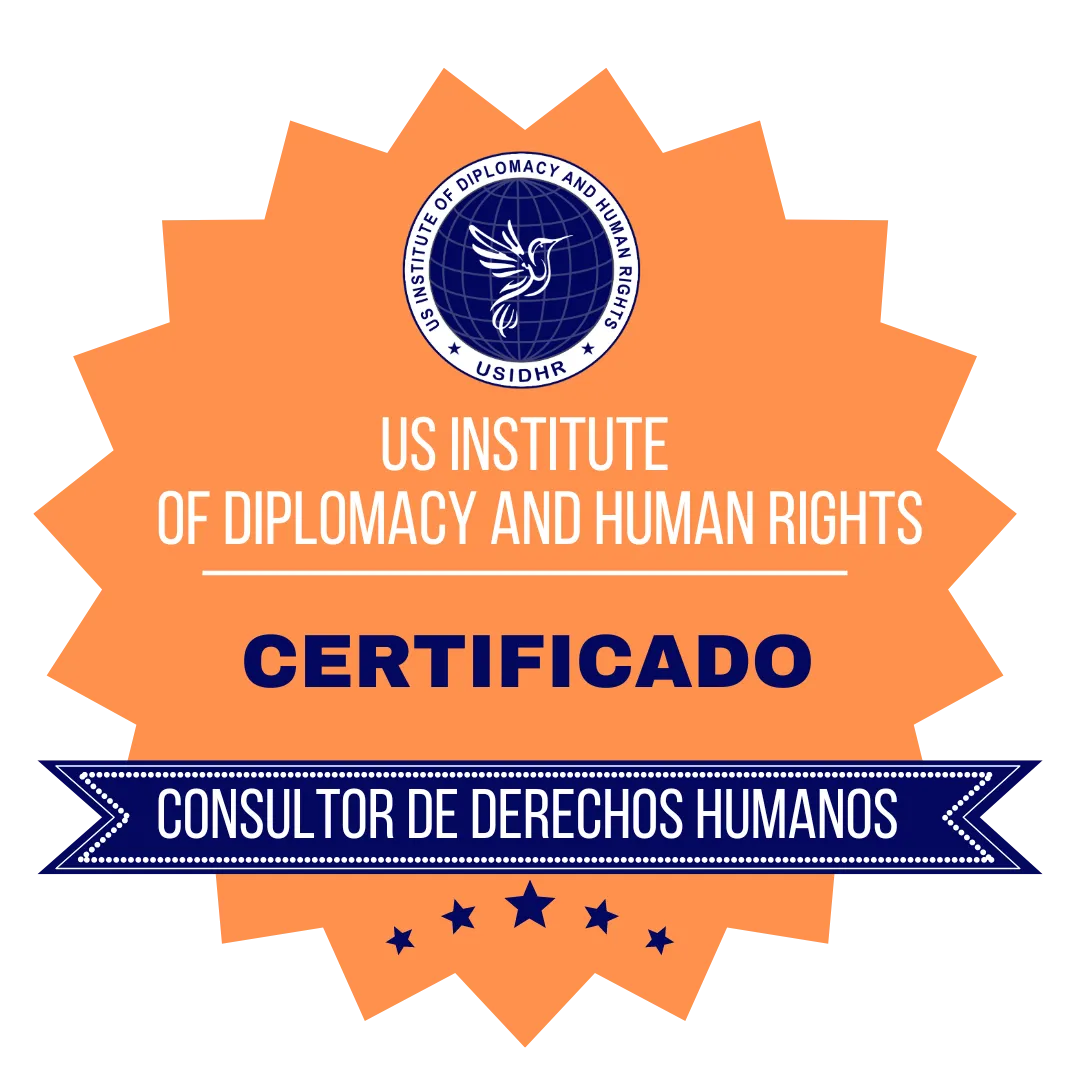
Capacitación En Derechos Humanos
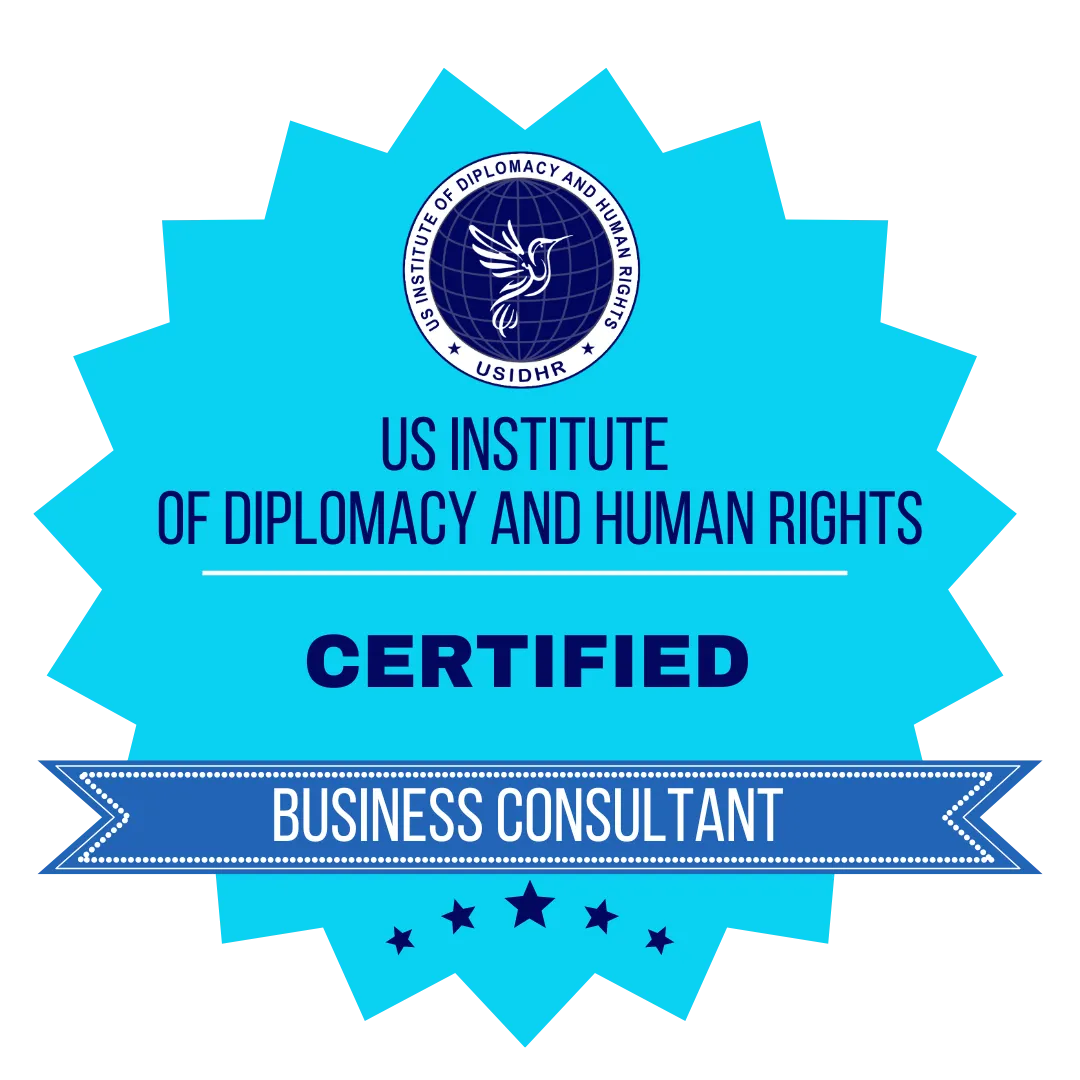
Business Consulting Certification Training
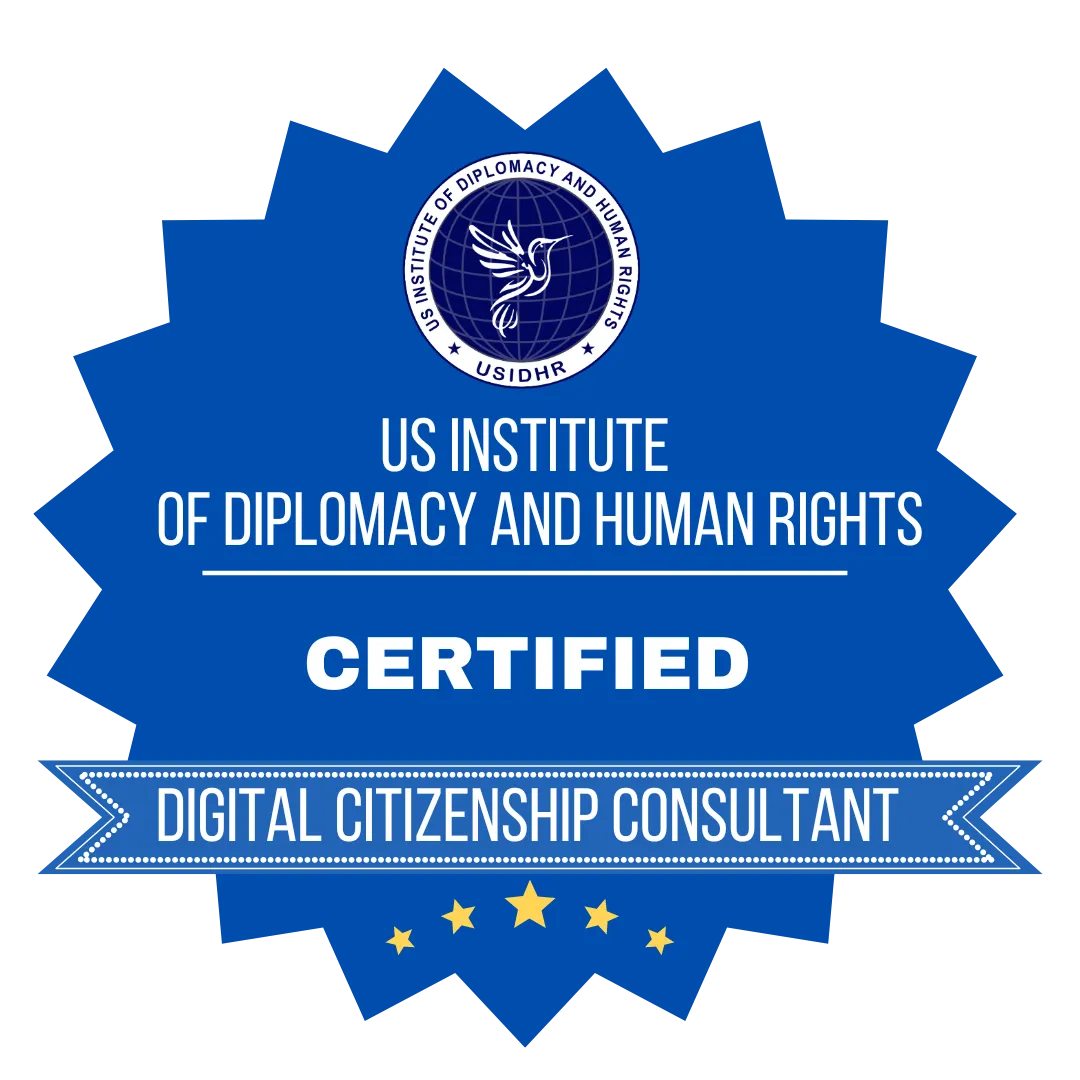
Digital Citizenship Certification
Training
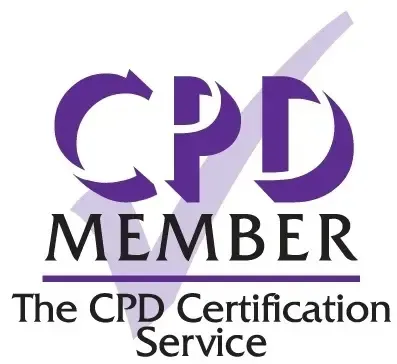
The US Institute of Diplomacy and Human Rights (USIDHR) is an International Continuing Professional Development (CPD) Accredited Organization. Accredited CPD training means the learning activity has reached the required Continuing Professional Development standards and benchmarks. The learning value has been scrutinized to ensure integrity and quality. The CPD Certification Service provides recognized independent CPD accreditation compatible with global CPD requirements
US Institute Of Diplomacy And Human Rights
1250 Connecticut Ave NW Ste 700, Washington, DC 20036

